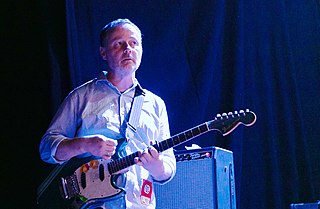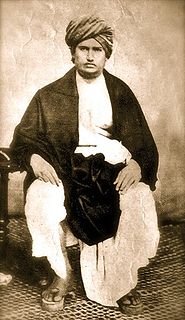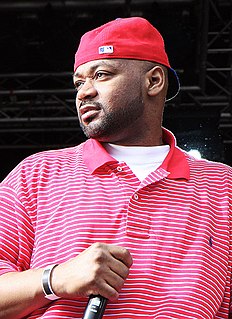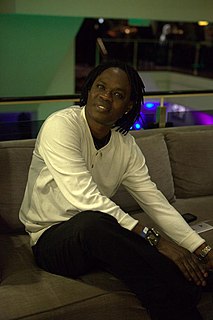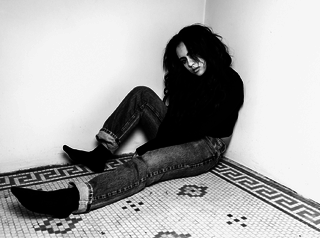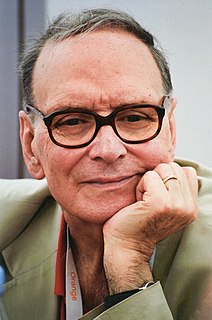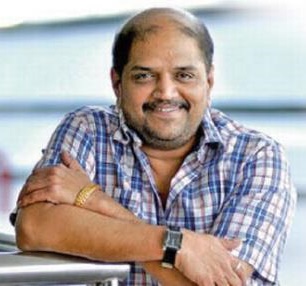A Quote by Kenny G
Generally, I like Indian music because the melodies are usually not too complex, which is how I like music, and that's the way I write music.
Related Quotes
Music is generally important to blind people, and most of the blind people that I have come into contact, through my parents, music is very special to them. Obviously, because it is more salient, you know? We might like going to the movies, and of course we like music too, but when the eyes don't work then the ears pick up slack. Music is all the sweeter at that point.
I love making music. I feel like people often get into that 'you should only make music for yourself' kind of place, where they say things like, "I don't write for other people, I write for myself," and I feel like that misses the mark so much because music, especially pop music, is so much more than yourself.
I did not like that name "world music" in the beginning. I think that African music must get more respect than to be put in a ghetto like that. We have something to give to others. When you look to how African music is built, when you understand this kind of music, you can understand that a lot of all this modern music that you are hearing in the world has similarities to African music. It's like the origin of a lot of kinds of music.
I'd been making music that was intended to be like painting, in the sense that it's environmental, without the customary narrative and episodic quality that music normally has. I called this 'ambient music.' But at the same time I was trying to make visual art become more like music, in that it changed the way that music changes.
In music, what is very important is temporality of space and length, based on the breathing space the director gives the music within the film, by separating the music from various elements of reality, like noises, dialogues... That's how you treat music properly, but it doesn't always happen this way. Music is often blamed, but it's not its fault.
Because I work so much, people think that I have a team writing for me, but that's not why I chose to write music for films. I chose to write music because I like to write music. So every single note that comes out of my studio is written by me, and I wouldn't be able to do two movies at the same time.

